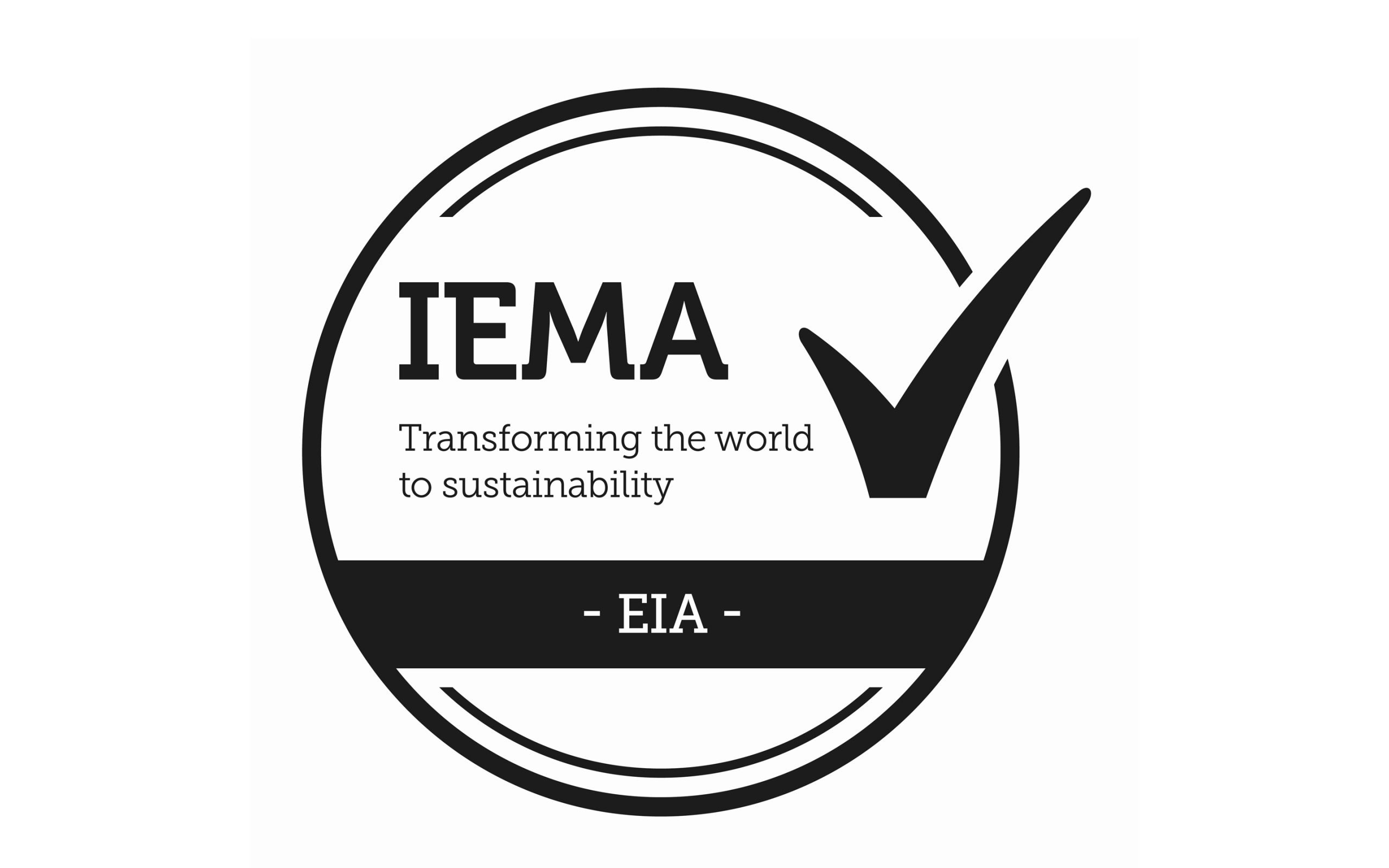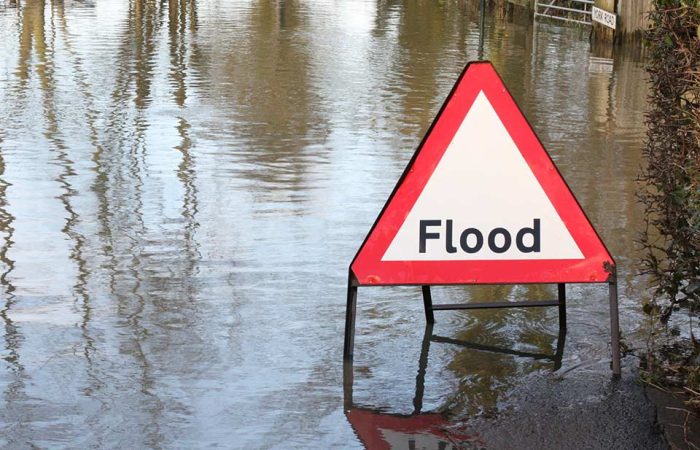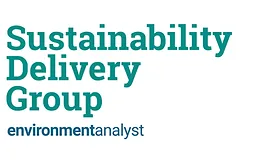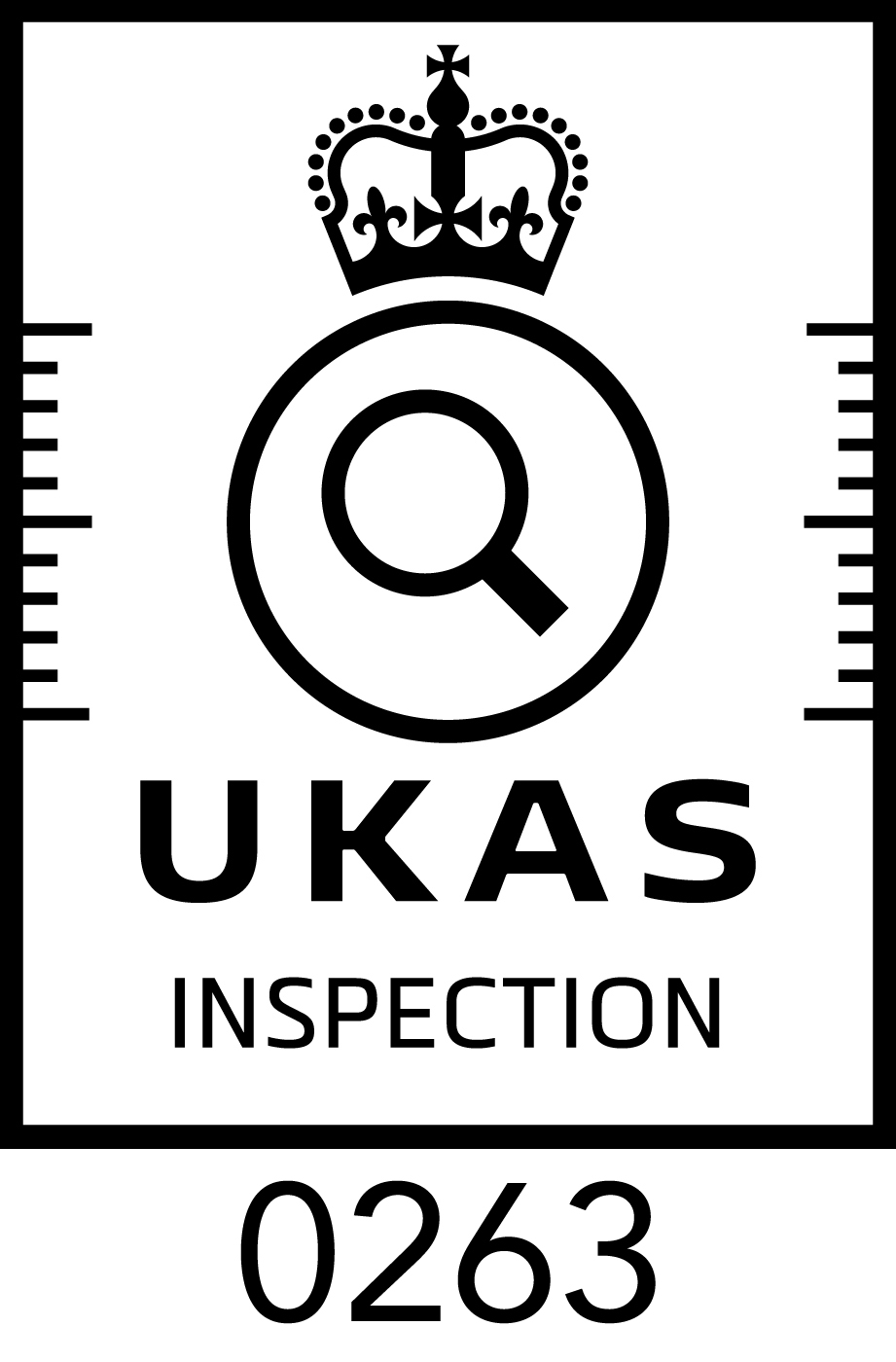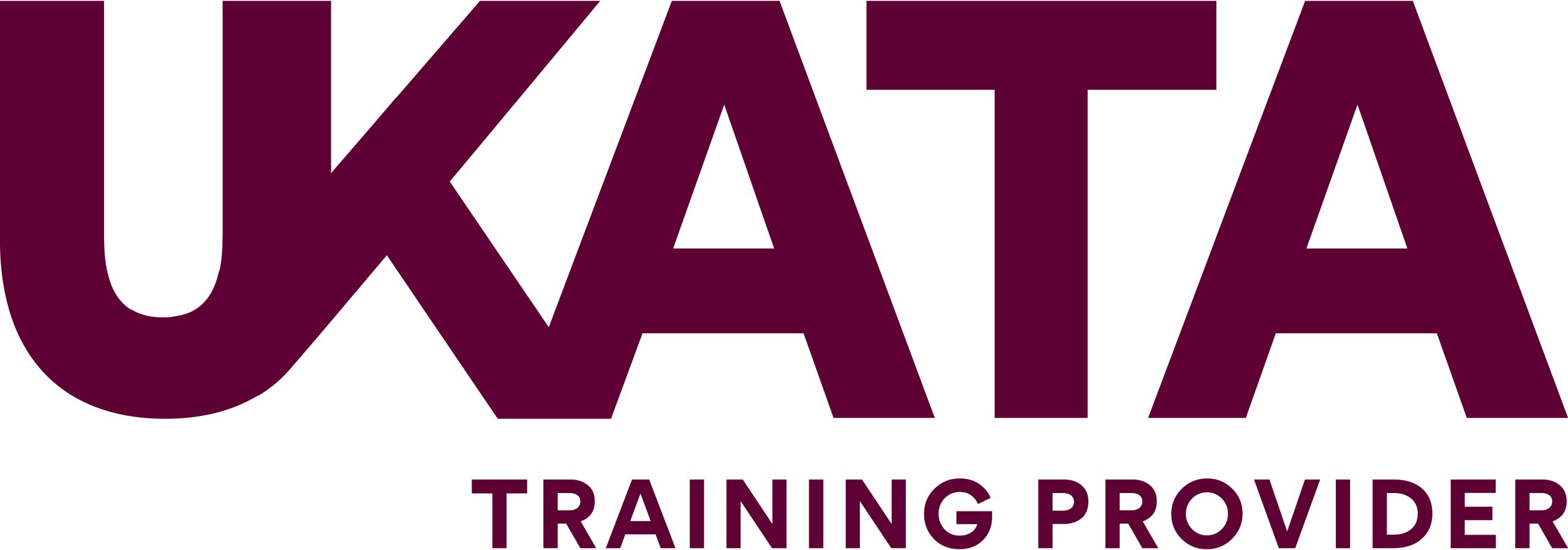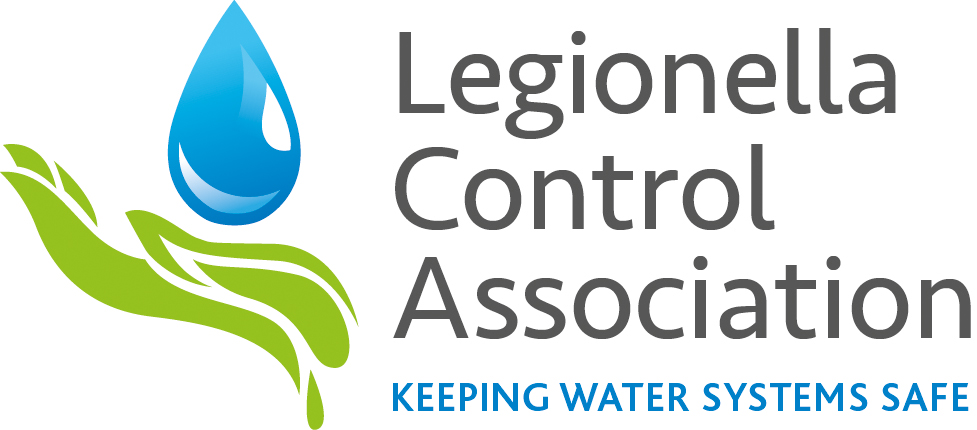Protect your investments and projects with our comprehensive Physical Climate Risk Assessment and mitigation strategies. Our expert team delivers tailored solutions for climate risk assessments, IFRS S2 compliance, alignment with EU Taxonomy and sustainable asset management.
As the world grapples with the impacts of climate change, the real estate sector faces unique challenges in managing and disclosing climate-related risks. The International Financial Reporting Standards – S2 – Climate Related Disclosures (IFRS) has emerged as a global framework to help companies disclose consistent and transparent climate-related risks (physical risks) and incorporate them into their risk management, strategic planning, and decision-making processes.
The Transition from TCFD to IFRS S2
The Task Force for Climate-Related Financial Disclosures (TCFD) was the precursor to the IFRS S2 Framework. However, with the disbandment of the TCFD in November 2023, the IFRS S2 has taken centre stage as the global standard for climate-related disclosures. Real estate companies must now adapt to this new framework to ensure compliance and effectively manage climate risks.
Assessing Climate Change from an ESG Perspective
To work towards achieving IFRS S2 compliance, you need to assess climate change from an Environmental, Social, and Governance (ESG) perspective. This requires additional climate change scenario analysis using European Shared Socioeconomic Pathways (SSP’s) and Representative Concentration Pathways (RCPs) data, the latter of which currently aligns with the local United Kingdom Climate Projections 2018 (UKCP18) data derived from the global Intergovernmental Panel on Climate Change (IPCC) data.
The UK Sustainability Disclosure Standards (UKSDS)
While the UK-specific sustainability disclosure standards (UKSDS) have not been released at the time of writing, they are expected to be published in Summer 2024. The UKSDS will follow the IFRS S2 framework, with UK-endorsed standards only diverging from the global baseline when necessary for UK-specific matters. You must prepare to use the best available climate data, which currently is the local UKCP18 climate change data.
Bridging the Data Gap
The UKCP18 climate change data differs from the Environment Agency’s (EA) climate change data, creating data gaps and overlaps. To address this, a comprehensive analysis is required to align ESG parameters and climate change criteria related to temperature increase and time periods for each Physical Risk. This holistic assessment will help equate the RCP scenarios to the EA flood risk with climate change scenarios based on available evidence.
Achieving IFRS S2 compliance is crucial for effective risk management and transparent disclosures. By assessing climate change from an ESG and Physical Risks perspective, utilising the best available climate data, our team provide tailored solutions to help you navigate the complexities.
Whether you are investing, divesting or have assets under management (AUMs), you benefit from our global expertise and local understanding, ensuring consistent and high-quality support for your asset portfolio. Navigate the challenges of climate change risk management and contribute to a safer, more sustainable world by partnering with our specialist Physical Climate Risk Team.








